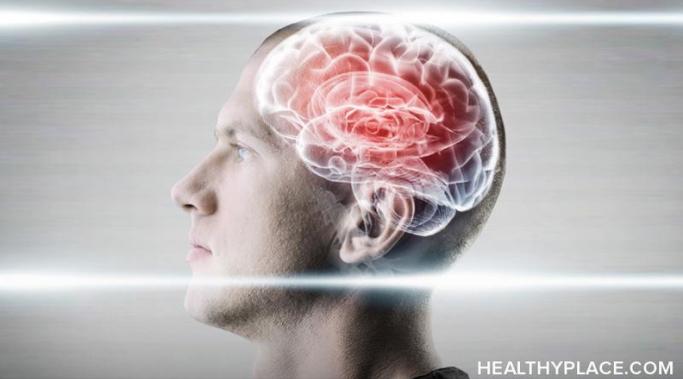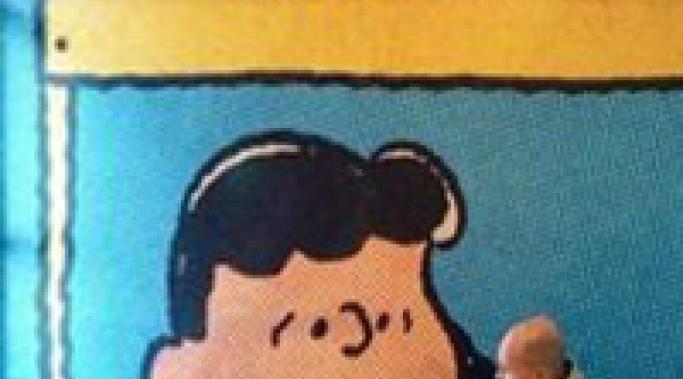Last night I participated in the first tweetup for the Society of Participatory Medicine. In their words,
Participatory Medicine is a cooperative model of health care that encourages and expects active involvement by all connected parties (patients, caregivers, healthcare professionals, etc.) as integral to the full continuum of care.
Not surprisingly, this is something with which I firmly agree. I believe in patients as active participants in their own healthcare. I say it all the time - the doctors aren't the ones taking the pills, you are.
The issue with pushing for patient "participation" is not everyone is capable of wholly participating in their own healthcare. Sick people are busy being sick. They don't have time to read research papers.
While some in the tweetup agreed, two notable exceptions occurred:
""too sick"? -why Patient support groups are key took 4 building the 'plumbing'."
"One can't be busy getting well & busy being sick at the same time. The patient has to choose."
Sounds like blaming the patient to me.
Talking to Doctors
I’ve written about what to do when your doctor gives up on you and while I consider this to be unacceptable, it does happen. And you have to deal with it.
But sometimes, you need to give up on them.
Sometimes you need to fire your doctor.
Recently I read a great article on the use of brand names when referring to drugs. The author, a doctor, decries the practice and says doctors should use the name of the drug rather than the brand name. The brand name of the drug, after all, was chosen by a marketer and a focus group and is really just advertising for the drug.
The only trouble is, patients don't know, or can't remember, the actual names for drugs.
If you’re in treatment for depression and have ever mentioned a desire to die, you’ve probably heard these questions:
How would you commit suicide?
Have you make a plan to commit suicide?
And others.
So a commenter recently mentioned that this is just a way of “covering their backs,” and “. . . if I were serious about killing myself and had made a plan, why on earth would I tell them?”
This is a logical question, but an uninformed one. In studies, we know that people who attempt suicide do reach out for help and do not really want to die.
Common messages spread by certain special interest groups are that “mental illness doesn’t exist” and “there is no biological evidence for mental illness.” It’s not surprising I take great exception with these claims. So do most doctors.
But the brain is an extremely complex organ and refuting the above notions is hard. It’s not a two-word response. So, I’m going to attempt to give a two-part overview, in plain English, of some of the research around the biology of major depressive disorder according to a meta-analysis done in 2010 (see below).
It's tempting to think that because we read a list of symptoms for a mental illness, we can diagnose ourselves. We might think that taking a self-test online indicates the presence of an illness, or lack thereof. These things, however, are simply not the case.
I recently received a comment regarding bipolar medication, its development and the mental health care system in general. The commenter accuses the mental health community of being corrupt and asks, “Why are we forced to take such bad bipolar medicines?”
Alternative treatments for bipolar disorder, and any mental illness, abound. People will advise you to do anything from cut gluten out of your diet, to take an herbal cocktail to cleans your aura. I, myself, have seen a few alternative health care practitioners and tried a few of their treatments. And while I didn't personally find any benefit, and I don't find most of these treatments credible, if you are going to try a bipolar treatment outside of medicine, there is one major rule to follow.
Those of you who follow me may have gleaned that I've been having trouble getting a psychiatrist. Basically, I was finally allowed to see one and she threw up her hands, told me to give up and that I was never going to get any better. This is one of the worst things I have ever been told, and personally, I think is unacceptable on pretty much every level.
However, yesterday I managed to see someone new, and this poses its own challenges.
I mentioned in my last post how it is the best of times and the worst of times for mental illness and treatment education. There are no shortage of online sources of mental illness information: websites, discussion groups, blogs, news, self-assessment tests and everything else in between. It's as if we can diagnose ourselves and pick our own treatment all without leaving the warmth of our laptop on our thighs.
But the anonymity of the internet means that everyone you meet might just be a 12-year-old girl with a big vocabulary and no idea what she's talking about. So just who are you supposed to trust for mental illness information?


